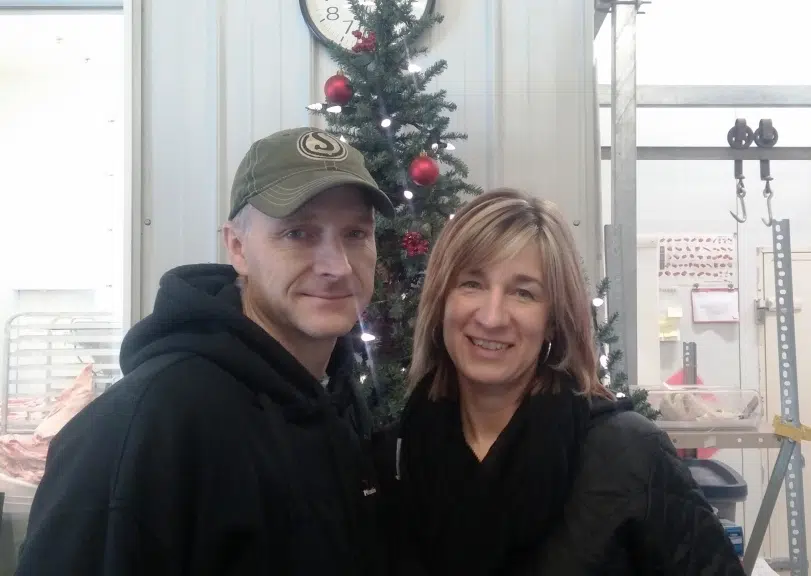
Saskatchewan poultry farmers watching B.C. closely
Poultry producers across the country are anxiously keeping tabs on five British Columbia farms with an avian flu outbreak.
But so far, it’s business as usual at Pine View Farms and All Natural Meats as Kevin Boldt walked through thousands of chicks Monday morning.
The five poultry farms were placed under quarantine in B.C.’s Fraser Valley, where an estimated 140,000 birds were expected to be euthanized to contain the avian flu. Seven countries have placed varying restrictions on importing poultry meat or poultry products from B.C. or Canada, with the United States, South Africa and Mexico joining four Asian countries: Japan, Taiwan, Hong Kong and South Korea.
“The understanding that I have is that it’s carried by the water fowl, it occurs naturally in their population and it affects domestic chickens when they are exposed to the feces and droppings of wild birds,” Kevin explained while walking through aisles of chicks.


